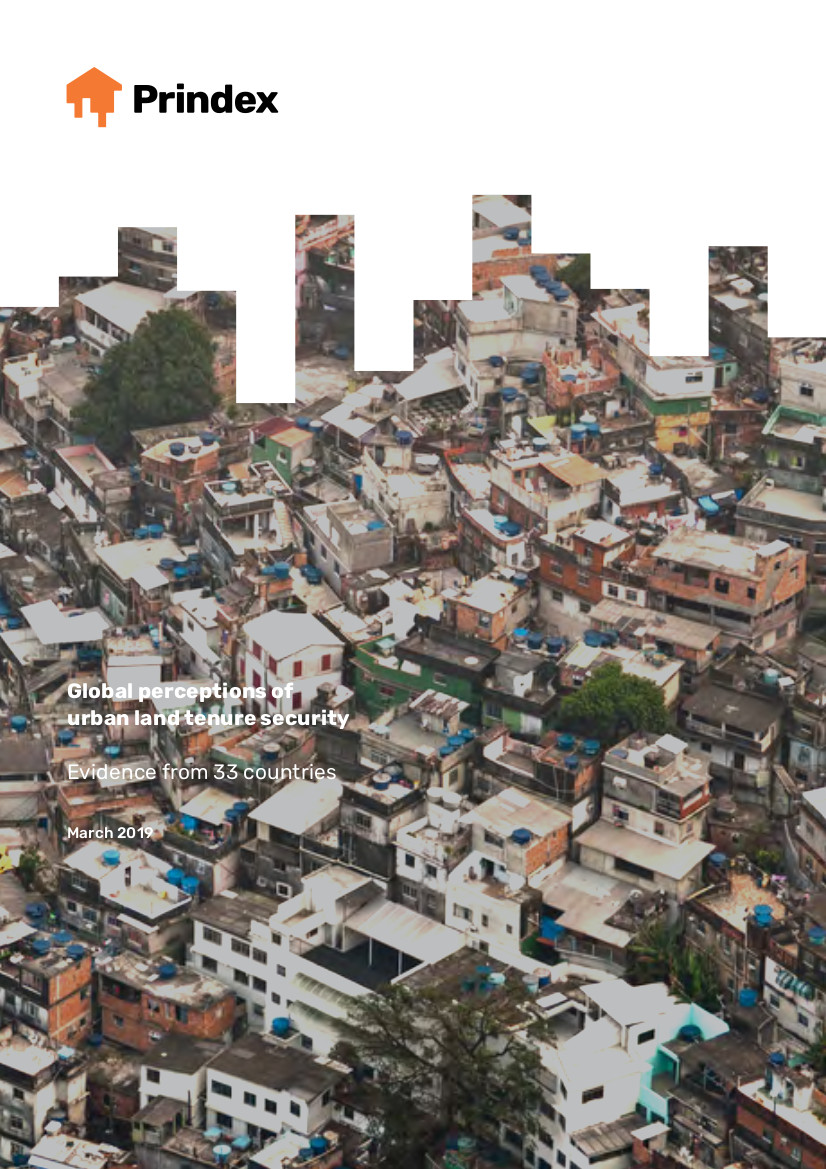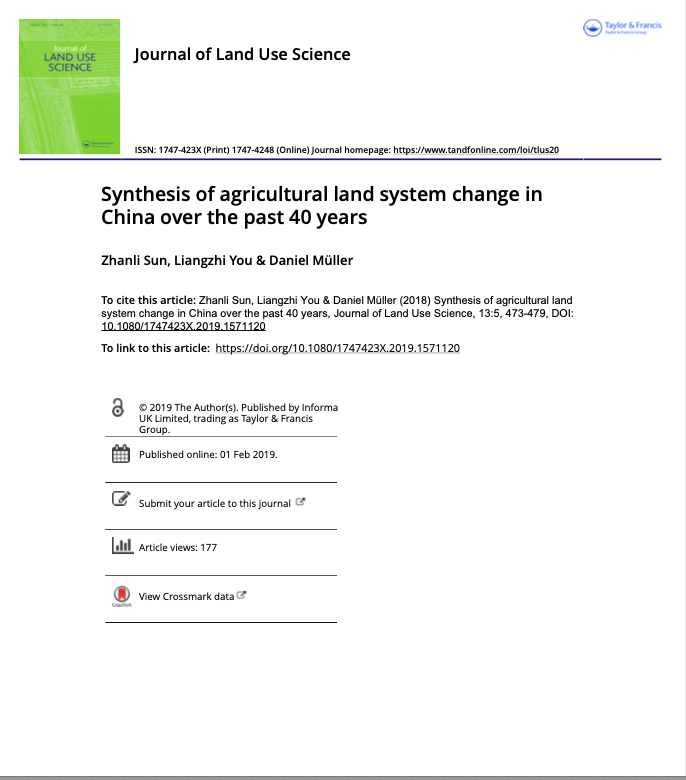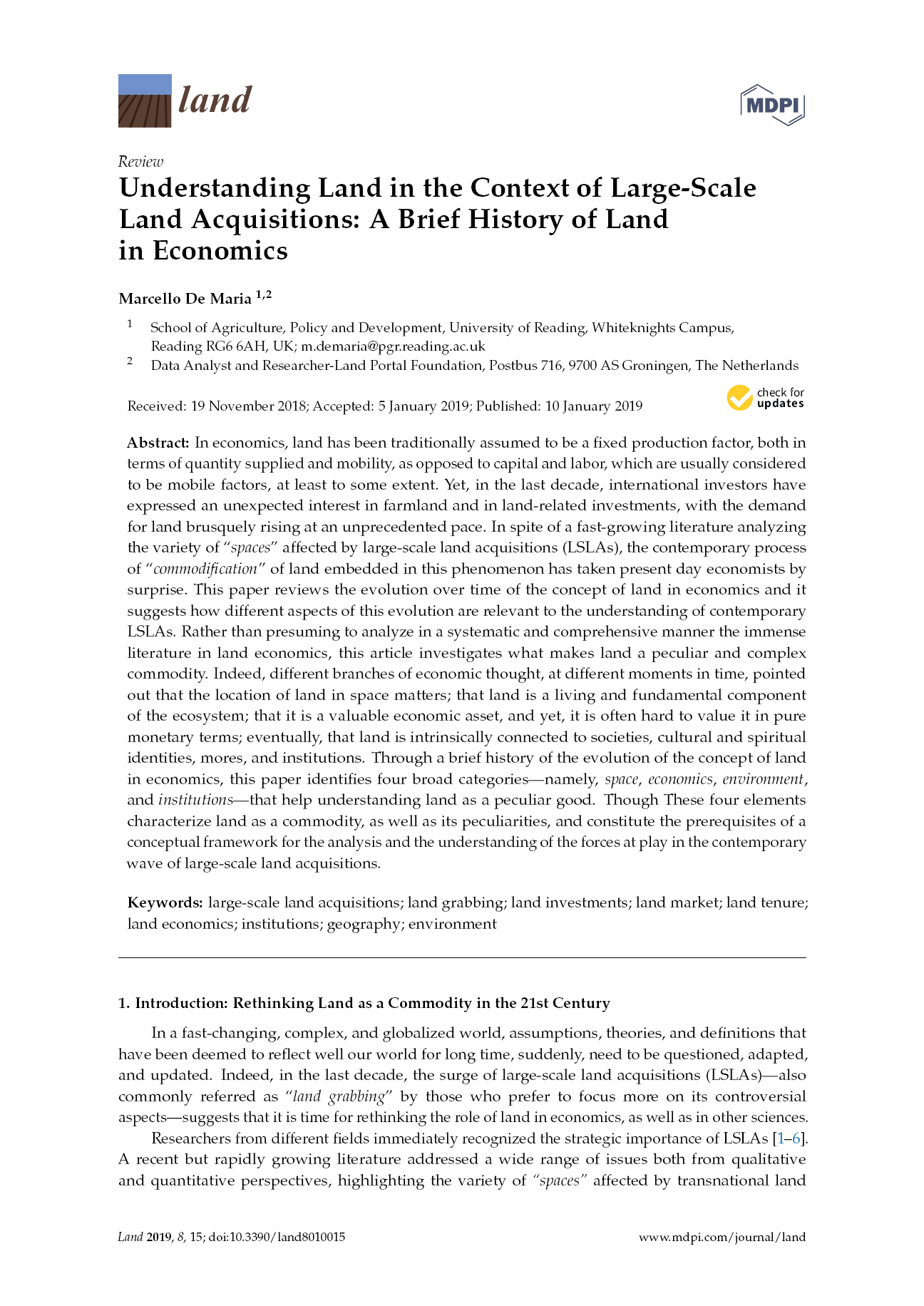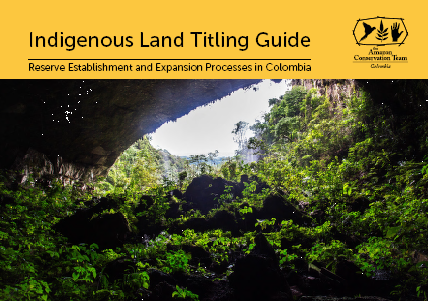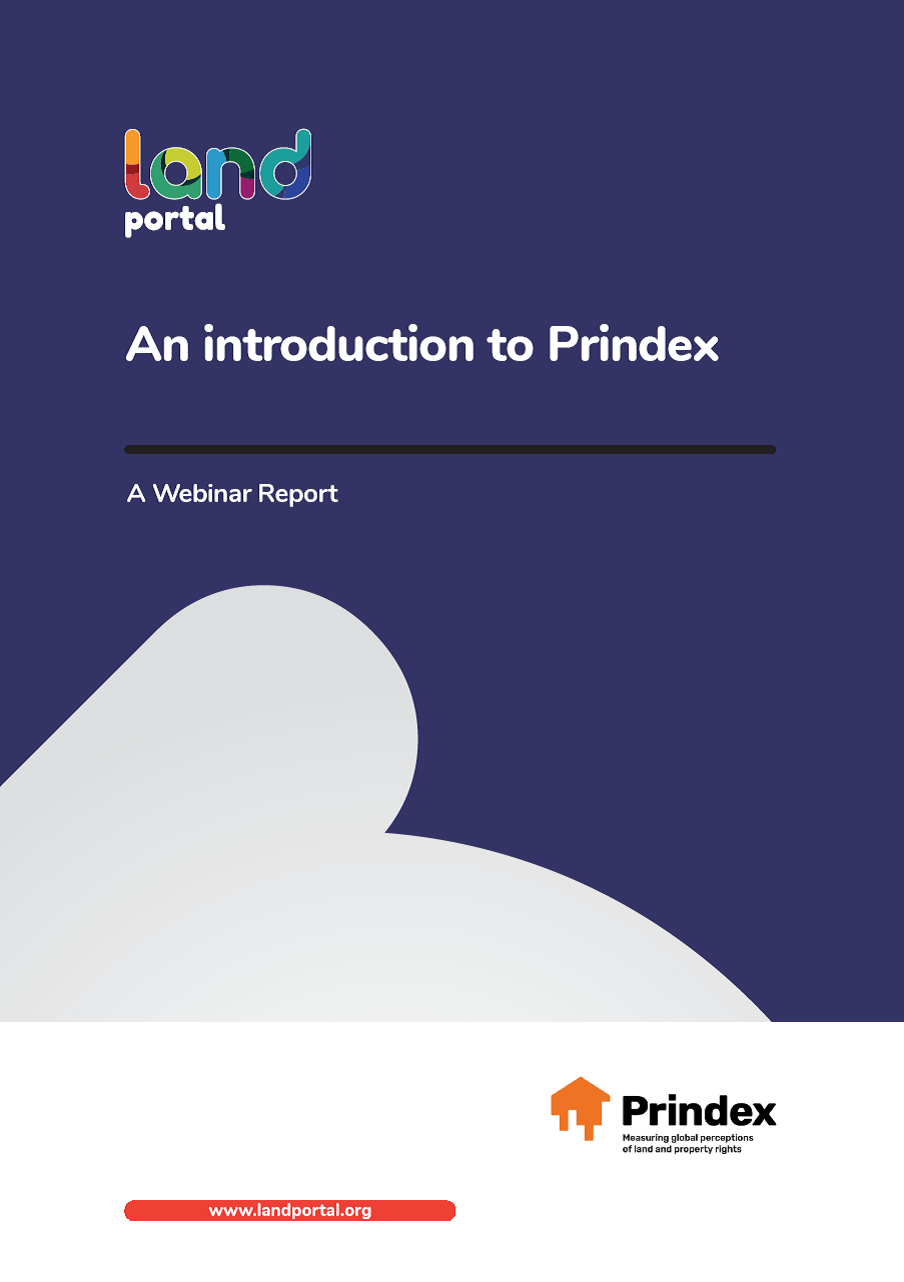In summary, China presents a particularly intriguing case for the study of land system dynamics with its spatial patterns of cropland and crops, crop structure and diversity, land transfer and consolidation, and land use intensity changes against the backdrop of its rapid socio-economic transformation, globalization, and environmental challenges. Moreover, after 40 years since the commencement of China’s Economic Reform and the de-collectivization of agriculture, it is a good time to review and reflect how China’s agricultural land systems have been transformed.

